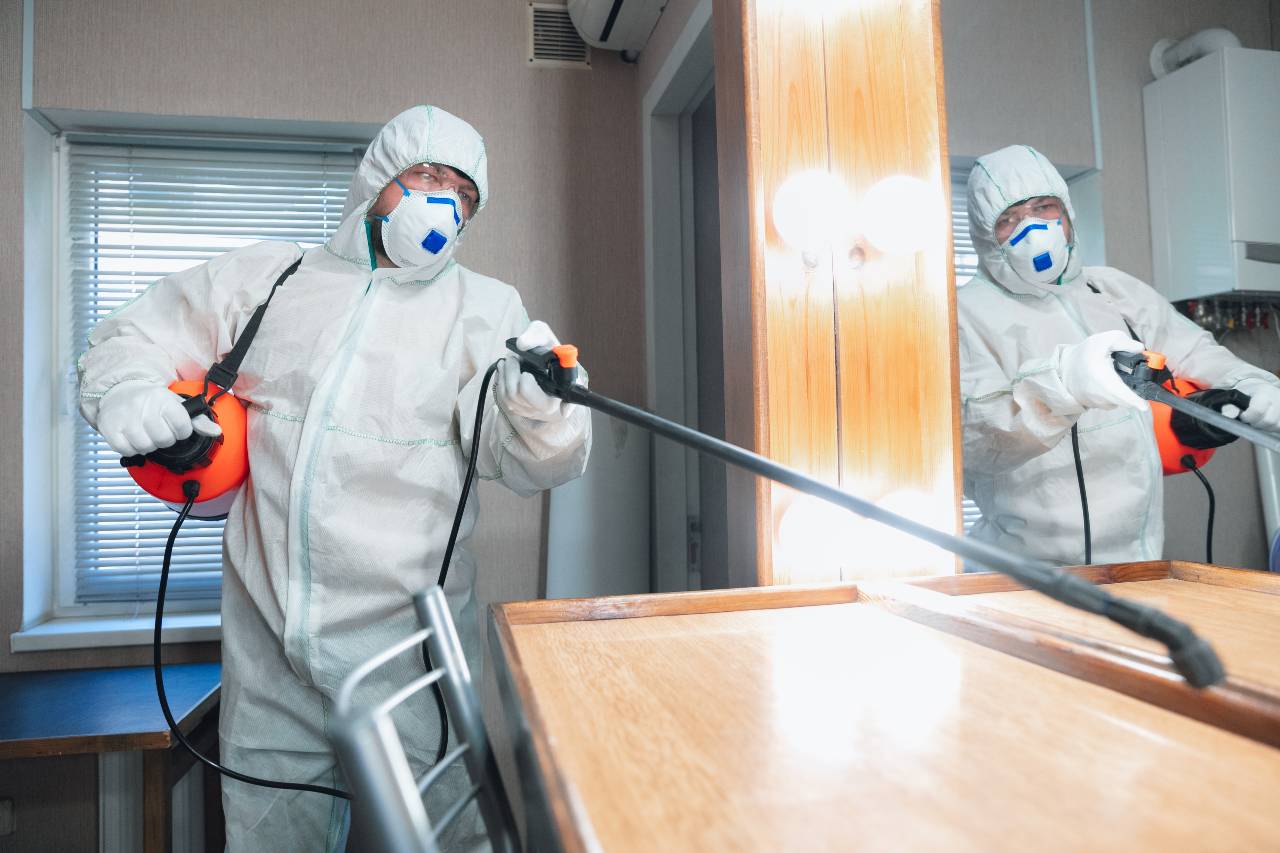
The Role of Infection Control Training in Ensuring Safety
Infection control training is very important in the UAE, where maintaining high health and safety standards is needed. This training not only prevents the spread of infections but also supports the overall health safety training UAE framework in the region. It helps healthcare professionals understand how to prevent and control infections, ensuring a safer environment for patients and staff.
Understanding Infection Control Training
Infection control training teaches people and organizations how to prevent and handle infections effectively. It covers important topics like washing hands correctly, using protective gear, handling medical waste safely, and keeping things clean and disinfected. In the UAE, this training is not only helpful but often required to meet local health and safety rules.
The Importance of Infection Prevention in the UAE
Infection prevention UAE is important l because the country is growing quickly, has a high population density, and sees many international visitors. With so many people coming and going, the risk of spreading infections is higher. To keep everyone safe, it’s important to have strong infection control practices, especially in healthcare, hotels, and restaurants.
- Healthcare Sector: In the UAE, hospitals and clinics need to follow strict infection control rules to keep patients safe. Training staff on how to prevent infections helps reduce the risk of diseases spreading in hospitals, protecting both patients and healthcare workers.
- Hospitality and Food Services: Hotels and restaurants benefit from infection control training to keep things clean and hygienic. This training helps prevent foodborne illnesses and prepares businesses to handle outbreaks, which protects customers and keeps their reputation strong.
- Education and Public Spaces: Schools and public areas also need strong infection prevention UAE measures. Training teachers, staff, and the public helps reduce the spread of infections, making these spaces safer for everyone.
Key Components of Effective Infection Control Training
For infection control training to be effective, it should include the following components:
- Comprehensive Curriculum: The training should cover essential topics such as hand hygiene, PPE usage, disinfection procedures, and safe waste disposal. It should be customized to the specific needs of different sectors, ensuring relevance and practical application.
- Interactive Learning: Engaging training methods, including simulations and role-playing, enhance learning outcomes. Participants should have the opportunity to practice skills and ask questions in a supportive environment.
- Regular Updates: Infection control guidelines can change based on new research and emerging health threats. Training programs should be updated regularly to reflect the latest best practices and regulatory requirements.
- Certification and Compliance: Certification from reputable organizations adds credibility to the training program and ensures that it meets industry standards. Compliance with local regulations and international guidelines is essential for maintaining safety.
Health Safety training UAE: Bridging the Gap
While infection control training is critical to health safety, it is part of a broader health safety training framework. Health safety training in the UAE encompasses various elements, including emergency response, occupational health, and workplace safety. Integrating infection prevention into this broader framework ensures a holistic approach to safety.
- Emergency Preparedness: Training should include protocols for managing outbreaks and emergencies. This preparedness is vital for ensuring a swift and effective response in the event of an infection-related crisis.
- Occupational Health: Workers in high-risk environments need specialized training to protect their health. This includes understanding potential risks and implementing preventive measures to minimize exposure.
- Workplace Safety: A safe workplace is essential for overall health and productivity. Training programs should address ergonomics, injury prevention, and other safety concerns in addition to infection control.
Infection control training is essential for keeping various sectors in the UAE safe. It provides people and organizations with the tools and knowledge to prevent and manage infections, which supports overall health safety and protects the public. For businesses and institutions wanting to improve their infection control and meet local rules, investing in this training is a key step.
If you want to boost your infection control practices and make your workplace or facility safer, get in touch with MRS today. We offer customized training programs that cover infection prevention and more, customized to your needs. Make your environment safer for everyone by choosing our expert training.
Contact MRS now to find out more about our infection control training and how we can help you achieve top safety standards.

